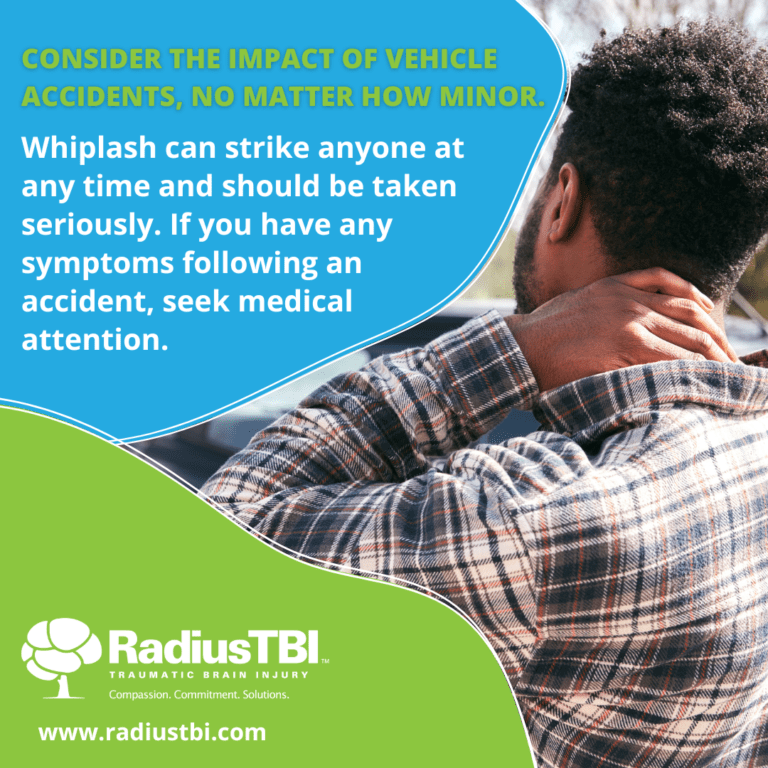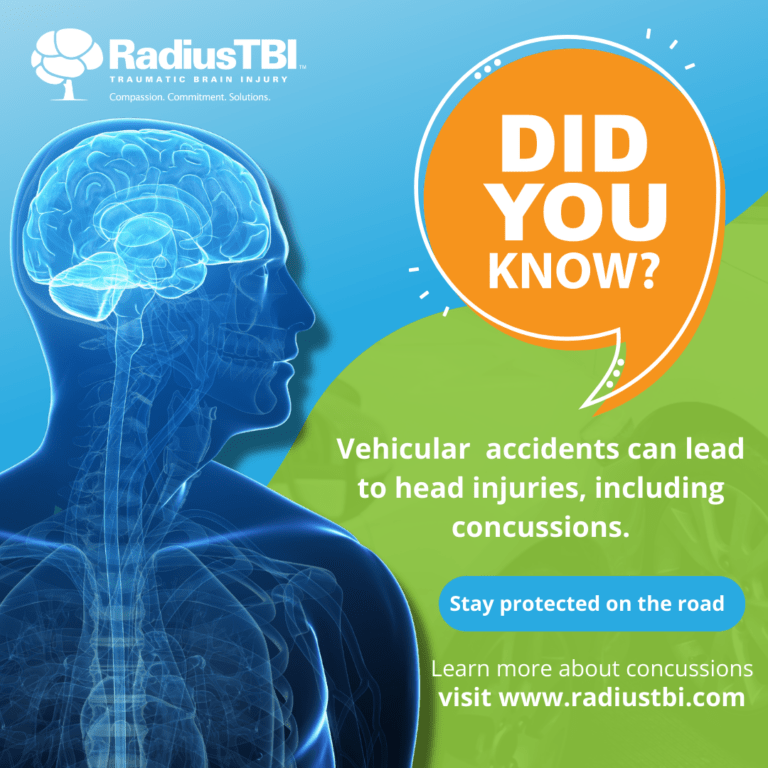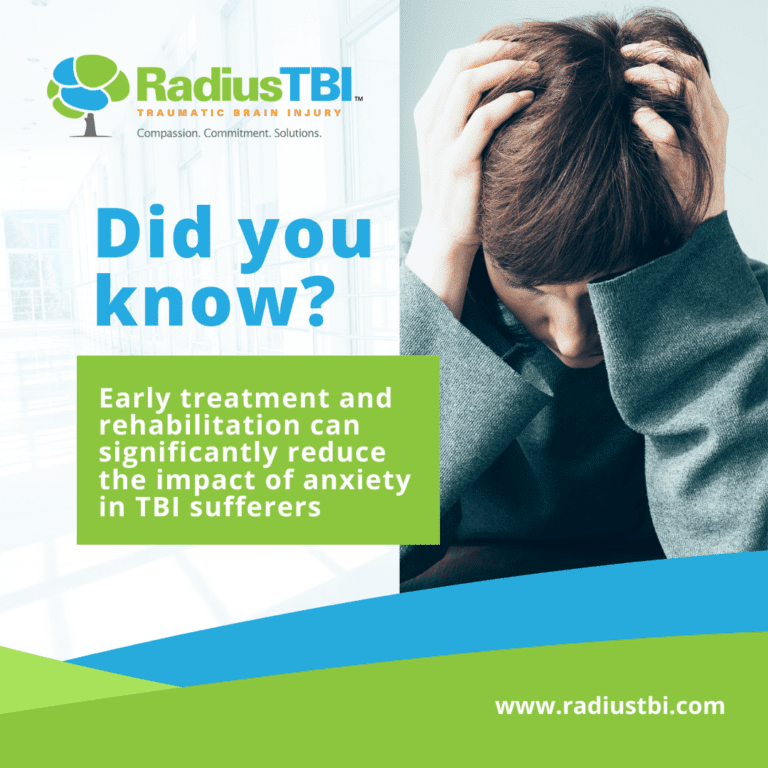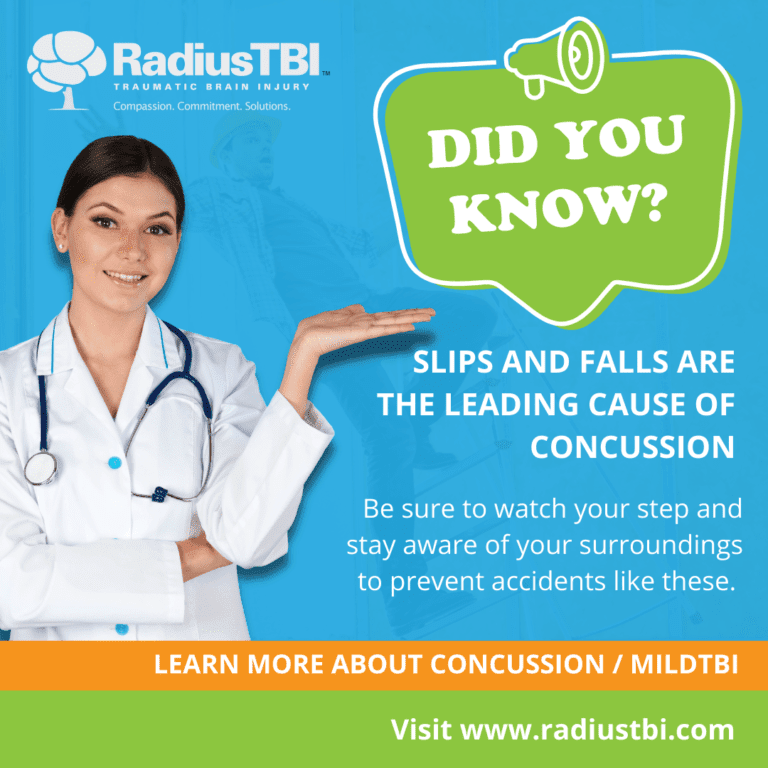THE SIDE EFFECTS OF WHIPLASH.
Whiplash is a common injury in car accidents.
Whether you are an accident victim or know someone who has, you may have heard the term whiplash. This is a common injury in car accidents, but some misconceptions can surround it. As a consequence, the effects of whiplash on your cognitive and physical well-being can be overlooked as a minor injury.
At Radius TBI, our specialists can identify the source of your physical pain or emotional and cognitive changes after an auto accident. Often, individuals who have undergone severe or acute whiplash can experience mental fog, anxiety, confusion, mood swings, depression, dizziness or balance problems, memory loss, difficulty sleeping, changes in their sense of smell or taste, hearing loss, and buzzing or ringing in the ears. If you have experienced any of the following symptoms, it is critical that you reach out to our experts today. Even though there may be no direct head injury, you may have a concussion.
Understanding Whiplash
Whiplash is commonly found in vehicle accidents because it is defined as a neck injury that comes from a sudden movement forwards and backward in the head and neck. Since car accidents tend to be cases in which a vehicle is traveling at speed and suddenly decelerating or stopping, this can cause a shock to your head and neck, which is unrestrained, unlike the rest of your torso. This is also how a concussion may occur. Because it’s impractical that everyday drivers put on helmets and neck collars like racing drivers, whiplash is more likely to occur.
One of the reasons why whiplash can be so difficult to identify early on is the fact that its symptoms can be delayed for 24 hours, or sometimes longer, after the initial trauma. Even if you aren’t immediately feeling the effects, your neck, and head are experiencing damage that can get worse if left unexamined. It can be tempting to think you don’t need a doctor after an accident if you don’t feel anything, but sometimes the worst is yet to come. Symptoms of whiplash can include:
- Neck pain and stiffness
- Headaches
- Shoulder pain
- Arm weakness and pain
- Back pain
- Fatigue
- Dizziness
- Blurred vision
- Depression
- Difficulty concentrating
It is important to diagnose whiplash as early as possible – even if you may not feel any effects. Symptoms can progress into a loss of range of motion, lasting pain, and a decline in memory or focus. However, early diagnosis can prevent the worst and even fully alleviate whiplash injuries.
Blogs
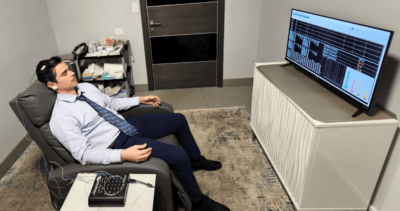
QEEG Brain Map Interpretation
In the world of neuroscience, one of the advanced tools used to understand brain function is the Quantitative Electroencephalogram (QEEG), often referred to as brain mapping. But who interprets these intricate brain maps, and why

Meet Our No.1 Best Neuropsychologist in Tampa, FL Location
At Radius TBI, we pride ourselves on providing exceptional care for individuals suffering from traumatic brain injuries (TBI) and concussions. Our integrated medical team in Tampa, FL, includes some of the most respected and experienced

Sleep Disturbance
Did you know? Dealing with a traumatic brain injury (TBI) often means navigating a range of complications, one of the most prevalent being sleep disturbances. Surprisingly, 30-70% of individuals with a TBI experience some form


